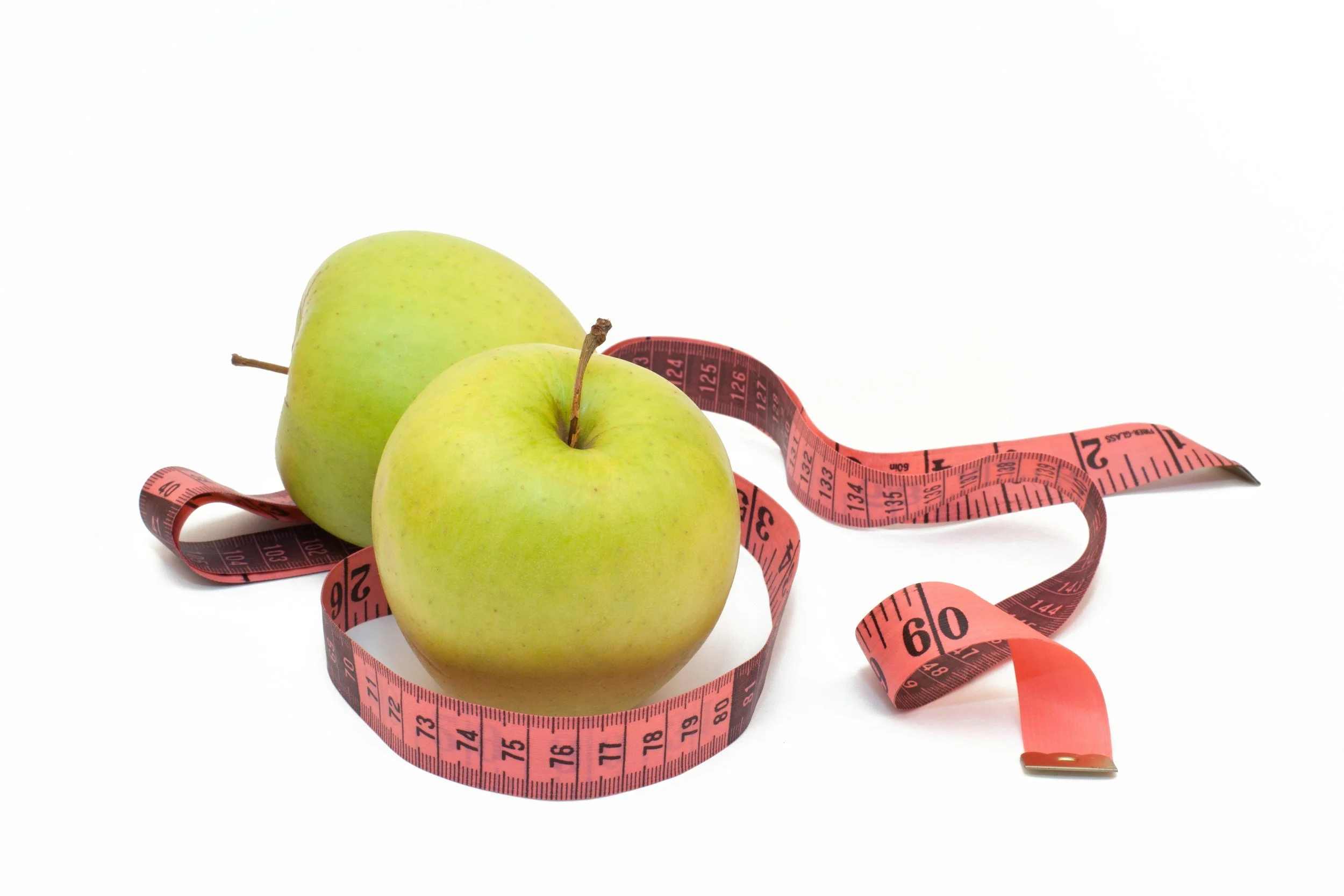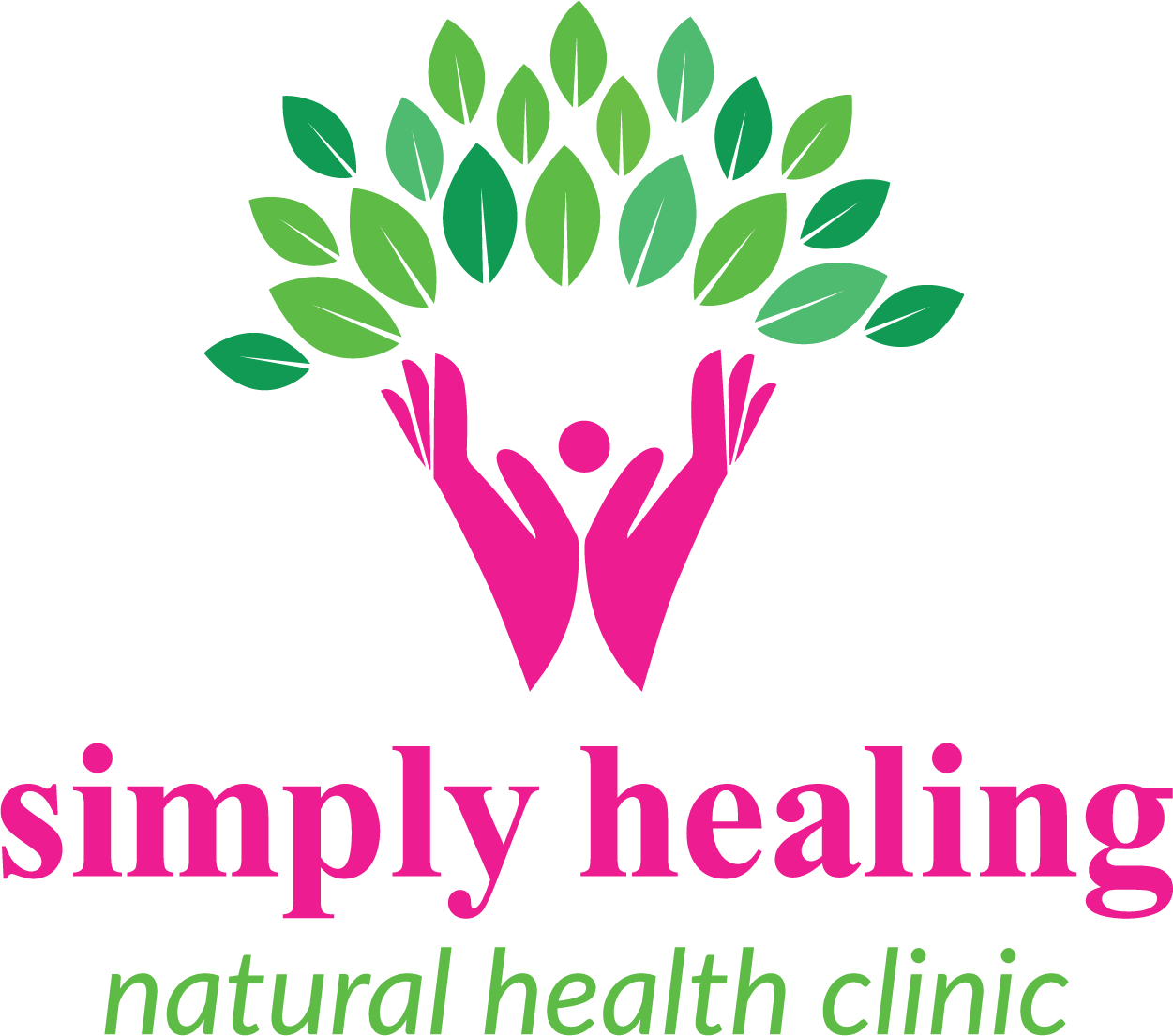Blog
Articles To Inspire & Educate
Looking for something specific? Search below

3 Daily Habits to Survive the Silly Season
These three habits are the most basic, the most forgotten, and ironically the ones we deliberately abuse once December chaos hits. Consider this your quick reminder — something you can come back to when you’re tired, frazzled, and wondering why your body feels like it’s falling off a cliff.

How to Eat Well at Christmas (without the weight gain)
Oh, the holy grail! How to get through Christmas without a 5kg weight gain! It’s a lot easier than you think and it doesn’t involve fasting or abstaining or sitting at home like a Grinch.
I don’t know about you, but I love Christmas. Time off, the world stops for those few days, kids are (mostly) happy, shopping is done, cupboards are stacked with food and friends and family are gathering. What I don’t love is January when I realise my favourite clothes don’t fit or are feeling decidedly tight and I start making ridiculous resolutions in a panic.
I have been baking all kinds of Christmas treats with the kids for over 20yrs. These traditions run deep- so deep that sometimes I forget why we started them in the beginning. The drive to make them or have them in the house and eat them is so strong that to go without seems like Christmas isn’t quite complete.

Your Liver is the Problem (But it’s not what you think)
If you struggle to make it through the silly season, then your liver may be the culprit…or is it? Are you just expecting it to perform miracles without actually supporting it properly?
Rather than just ear bash you about drinking too much, eating too much and generally letting your hair down I want to explain your liver’s side of the story. If you can understand it a little bit better, you might even fall in love with your liver!

6 Proven Ways to Improve Your Sleep
You can hear the sound of your partner softly breathing, the whirr of the fan, the tick of the clock as you slowly drift off…or does the clock sound like thunder, your partners breathing sound like a mack truck and the whirr of the fan more like a roar? And it just goes on and on and on…Maybe you drop off quickly but come 3pm there you are, wide awake wondering what you did to deserve this? Awake again, before the dawn, being tortured for all your sins. You pick over every detail of every confrontation or dispute you’ve ever had. Arrrrrggghhhh….just go to sleep!
If only it were that easy! There are so many reasons that you either can’t get to sleep or stay asleep. Stress, food and drink, health, hormones…all can disrupt our sleep.
What can we do to help get the sleep we need? Here’s 5 tips to get you snoozing!

5 Benefits of Sleep for Perimenopausal Women
I know, I know… you’re probably rolling their eyes because I say this all the time — but I’ll say it again: sleep is crucial. For your health. For your hormones. For your waistline. In perimenopause and menopause, getting good quality sleep becomes even more important.
You might be screaming, “BUT HOW?!” Don’t worry — I’ve got you. Here’s why sleep is one of the most powerful (and free!) tools for navigating hormonal changes and managing weight in this phase of life:

Is Sleep Affecting Your Weight?
We all know the feeling of lying awake and all we can think about is how tired we will be tomorrow. Our brain won’t stop no matter how hard we try, and we lie there wishing, willing, waiting for sleep to come. Ugh. It’s a waking nightmare!
Unfortunately, this lack of sleep might well be causing you to put on weight or preventing you from losing it!

Sleep: Why It’s Not Just About a Sleeping Pill
If your GP’s answer to poor sleep is “here, take this pill,” it’s missing the point.
Sleep struggles are right at the top of the symptom list I see every day. Yet they’re also one of the most ignored, as we drag our tired bodies through another day hoping tonight will be different.
The truth? Sleep doesn’t exist in isolation. A pill might knock you out for one night, but unless you fix the cause, the cycle continues.
Eventually, you reach the point where you’ll do anything for just one good night’s sleep. And while that one night can make the world look rosier, it doesn’t fix the problem, it only buys you 24 hours of relief.

Burnt Out, but I Can’t Stop: How to Break the Cycle and Actually Recover
Yep, life is incredibly busy! If it’s not finances that are preventing a break then it’s work, family, caring responsibilities or just a lack of holiday leave because last ‘holiday’ was spent sorting out some other personal shit show in your life.
Life gets crazy, end of story. But sometimes we need to learn to build in the things that help break the burn out patter, allow us to recover, thrive rather than just survive.
And yes, I hear you muttering right now that it’s easier said than done. Yes, it is. Also, not impossible!
Here’s a short check list to implement while you are waiting for the holy grail of burnout healing: a total break from your life that lasts indefinitely lol!

How to Love Your Period
Most women I see wouldn’t list their period under “favourite things.” And fair enough! The exhaustion, the cramps, the moods, the mess… it’s not exactly a spa retreat. But here’s the truth: your period isn’t the enemy. In fact, when you understand it, it becomes one of your most powerful self-care tools.

3 Sure Signs You are Heading Toward Burnout
Part of my training is to identify red flags. Usually, they are for things that need to be referred to a doctor like cancer, organ failure, heart attack risk etc. You get it: the big things that can end your life.
But I am also trained, and keenly interested, in recognising the red flags of burn out, stress, emotional dysregulation, mental health concerns and chronic illness like autoimmune disease.

The 4 pillars of self-care
I am yet to meet someone who doesn’t know about the importance of self-care. We talk about it, congratulate ourselves when we manage it… but we do it infrequently and often in a way that is actually self-indulgent.
Self-care is something we need to practise daily to get the benefit.

Is It Post Partum Depression?
Let’s get technical for a moment.
Postpartum Depression (PPD) is a mood disorder that can occur after childbirth. It’s characterized by persistent sadness, hopelessness, anxiety, and a loss of interest in activities. Unlike the “baby blues,” which are milder and typically pass within a few days, PPD can linger and deeply affect a mother’s ability to care for herself and her baby.

Metabolic Balance and Why I Love It
The Metabolic Balance program has been part of my toolbox for over 5 years, and I still get excited about it! Aside from the fact that it is well over 20 years old, it is a food based individualised program, is based in science and testing, has research supporting its claims and is like German engineering for the body (devised in Germany by a doctor, naturopath wife and food tech sister in law). Aside from ALL of that…there are many more reasons to jump in and change your life with Metabolic Balance.

The #1 Mistake Women Make When Trying to Fix Their Hormones (and What Actually Works)
Hands up if you’ve tried a new diet, bought another supplement, or promised yourself that this time you’ll stick to an exercise routine… only to end up exhausted, frustrated, and still dealing with the same hormonal chaos? You’re not alone
We all do it, me included! We get blinded and can’t see the forest for the trees but if we just take a step back and look objectively our answers will look a lot different. What am I talking about? The biggest mistake we make when trying to fix a hormonal problem and it’s looking for a single solution that is a quick fix to all our woes.
I hate to be the one to break it to you, but it just doesn’t exist! There is no Holy Grail of hormone solutions.
Let’s look at a few that I see commonly in the clinic. And I won’t lie…some I have tried myself.

Is Your Body Screaming? Here’s Why You Shouldn’t Ignore It
You’ve noticed some bloating, that your periods are heavier, you aren’t sleeping so well and maybe you can see that your mood sends your family into hiding. But you’ve ignored it all because it will get better when you’re less stressed, or it’s just your age so you need to put up with it.
Only the stress never lets up, the symptoms get worse, and your band-aid fixes aren’t fixing anything! You are exhausted, confused, and feel like you’re broken without a hope of recovery.

5 Ways to Sabotage Your Energy (and no, that’s not good)
Yes, I said it. We complain that we have no energy, that we wake up tired, that we are dragging ourselves through the day and YET…we sabotage that energy production day after day without even being conscious of it.
A lot of it comes down to metabolic health. Our metabolism is responsible for both breaking down our food into the building blocks we need for basic functions but also for building things like muscle and bone. In the process of the breakdown energy is released AND the micronutrients needed to make MORE ENERGY, NEUROTRANSMITTERS, HORMONES and much more are also released.

Stress, Your Hormones and Being a Mother
If you’re a mother, you know that stress is part of the job! I don’t think there is a day that goes by that something doesn’t make my heart skip a beat, or blood pressure (momentarily at least) jump up a notch, and my kids are all teens or adults now. I wish I had better news, but mothering is the best and most stressful and most rewarding job all at once.

Red Flags of Stress and Struggle
Unless you’ve been living under a rock you’ll be feeling the effects of life in general recently. It is insidious. It comes in from every angle. And it is very seriously the BIGGEST issue I am seeing in the clinic right now. This is because it affects so many things; from mental health to physical wellness- without addressing the stress and our resilience to it we are just sticking bandaids on your problems.
Right now you are probably internally screaming ‘But I can’t get out of the stress. I can’t leave my job/earn more money/escape my situation etc etc’. Often that’s true, which adds to the fight and flight experience and sheer panic. Cue a host of red flag symptoms that we often ignore or stick a bandaid on. If we can’t run from our lives then stress resilience is key! More about that later.

Fertility Is a Male Problem — Let’s Talk About It
When you hear the word “fertility,” what pops into your head? Usually, it’s a woman’s body, her hormones, her cycle, her eggs. And honestly, that makes sense — because women’s fertility has been studied, talked about, and medically managed for decades. But here’s a truth that’s only recently getting the spotlight: men play an equal, 50% role in fertility.


